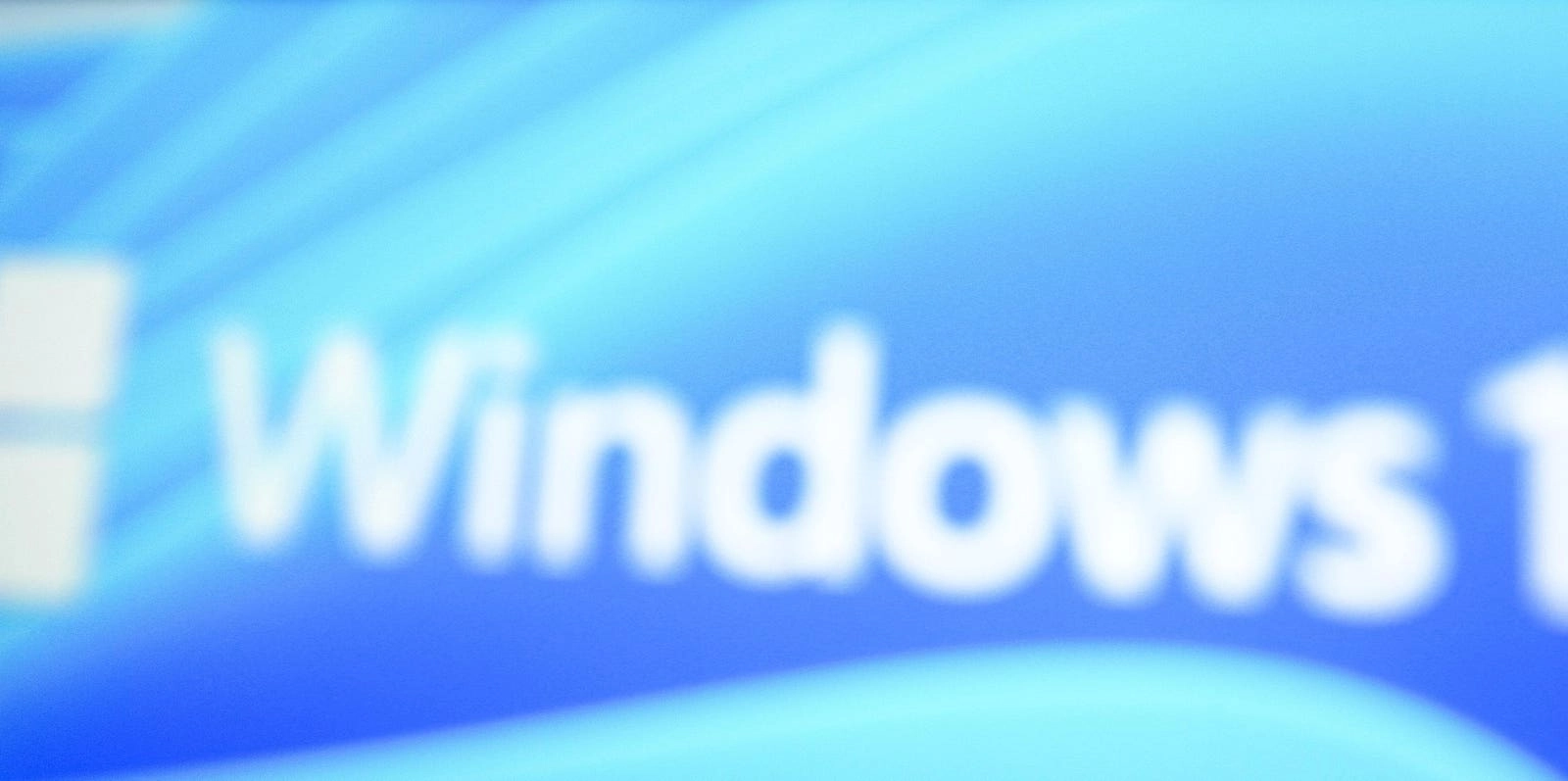New warning for Windows users as Microsoft’s controversial decision hits.
In the past few weeks, Microsoft Windows users have faced an onslaught of severe malware warnings following a significant Patch Tuesday and subsequent warnings from multiple US government agencies. With such critical timing, it’s astonishing that Microsoft would consider ceasing ongoing security support. Unfortunately, for hundreds of millions of users, discontinuing support may soon become inevitable.
The imminent concern is the end of support for Windows 10, slated for next October. This situation leaves hundreds of millions clinging to Windows 10 because they are reluctant or unable to upgrade to Windows 11 due to stringent hardware requirements imposed by Microsoft.
Many users wonder if Microsoft might ease these security requirements as the deadline nears to facilitate more upgrades, or possibly offer a free extension, notwithstanding the costly paid options likely to be available.
Unfortunately, for any Windows 10 users hoping for such changes last month brought more bad news over and above Patch Tuesday. Microsoft dashed hopes by shutting down the well-publicized “/product server” workaround that tricked the Windows setup process into completely ignoring its usual hardware tests.
At the time, I commented on Forbes that “Microsoft’s new workaround decision seems to be a confirmation of its intent, maintaining its firm stance where Windows 11 hardware is confirmed… which is bad news for the 70% of all Windows users staring down the barrel of October 2025.”
XDA Developers has now suggested that “using unsupported hardware on Windows 11 is only going to get more miserable,” and their reasoning—if right—should be another warning for Windows 10 holdouts that Microsoft is unlikely to relent.
There is the obvious benefit for Microsoft, the site says, in “forcing people who want to continue to get official support to hop to Windows 11 [which] would drive PC sales,” but “there’s another layer that’s in play here.”
This “other play” is AI—what else. “Microsoft is going all-in on its AI strategy, creating what’s called ‘Copilot+ PCs’ that have enhanced AI tools that utilize a system’s NPU. Right now, there aren’t too many Copilot+ PCs out there, but give the company just over a year and there should be a lot more.”
A few hundred million PC upgrades will equate to a serious increase in the number of Copilot + PCs knocking around, so the theory goes, and it’s hard to argue the logic. Especially when the tidy, monthly revenues from AI subs come into view.
Unplanned though it likely is, there’s certainly something mightily convenient about a generational shift in the requirement for PC hardware coinciding with a separate, generational shift in recurring AI revenues—rather like your connecting flights arriving and connecting from adjacent gates.
Two other stories in the last week provide some neat, additional context. First is the resurgence of Recall. This constant stream of screenshots of everything done on your PC—good and bad—should enable an AI engine to summon up anything through a simple prompt. Unsurprisingly, it was labeled a privacy nightmare when it was first mooted. Now with some more security protections and opt-outs, it’s coming back—at least for more advanced users to test. But the rumor Microsoft might allow Recall to be uninstalled turned out to be false. It’s here to stay, so get used to it.
The revised version of Windows 11 introduces a feature potentially allowing users to index all video and audio files stored on a PC to facilitate more sophisticated search capabilities. This enhancement hints at a future where PCs transform into primary, AI-driven storage hubs for multimedia content, overseen by Microsoft’s technology. This is indeed a critical juncture for those still using outdated operating systems.
This development sets the stage for an intriguing period ahead for the Windows ecosystem, encompassing the rollout of AI innovations like Recall and observing the adoption rate of these Windows 11 upgrades aimed at narrowing the existing technological divide.
XDA Developers cautions the 70% of Windows users who haven’t upgraded yet, suggesting that using Windows 11 on incompatible hardware may become increasingly problematic moving forward.
One Community. Many Voices. Create a free account to share your thoughts.
Our community focuses on fostering connections through open and thoughtful dialogues. We encourage our readers to share their perspectives, discuss ideas, and present factual content in a respectful environment.
Please adhere to the posting rules as described in our site’s Terms of Service. Below is a summary of some critical guidelines to maintain civility in discussions.
Your submission will be declined if it appears to include:
User accounts will be suspended if we determine or suspect that members are participating in:
So, how can you be a power user?
Thanks for reading our community guidelines. Please read the full list of posting rules found in our site’s Terms of Service.
